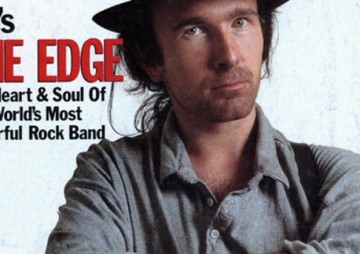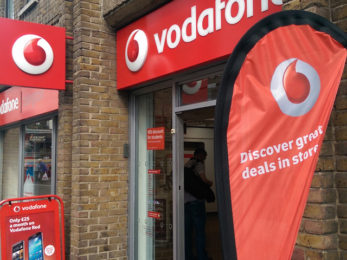 Britain’s Vodafone posted a rise in its quarterly sales for the first time in nearly three years.
Britain’s Vodafone posted a rise in its quarterly sales for the first time in nearly three years.
This was thanks to improving trends in its key European markets and demand for its 4G mobile services.
The world’s second largest mobile operator said the rise in fourth quarter revenue of 0.1 percent, which followed 10 quarters of declines, meant that its overall earnings could also stabilise in 2016.
Vodafone has been hit hard by the constraints on consumer spending in its big European markets and by regulator-imposed price cuts, forecast a range for 2015-16 earnings of £11.5 billion pounds to “£12 billion.
Compared to the £11.9 billion pounds it reported for the 2014-15 period the company could be heralding a return to growth following seven straight years of earnings decline.
Analysts say Vodafone has a tendency to set a cautious outlook so the figures might even be better than that.
Chief Executive Vittorio Colao said the company had seen increasing signs of stabilisation in many of its European markets, supported by improvements in its commercial execution and very strong demand for data.
Vodafone has 446,000 mobile customers in countries ranging from Albania to Spain, Qatar, India, South Africa and New Zealand. However, in the EU, customers cut back on using their phones at a time when Vodafone needed to invest in new networks.
With growth also slowing in its emerging markets, Vodafone embarked on a programme to either build or buy superfast fixed-line broadband networks to compete with rivals offering mobile contracts alongside television, broadband or fixed-line deals.
 Onecom has snapped up IT services provider IMS Technology Services.
Onecom has snapped up IT services provider IMS Technology Services.














